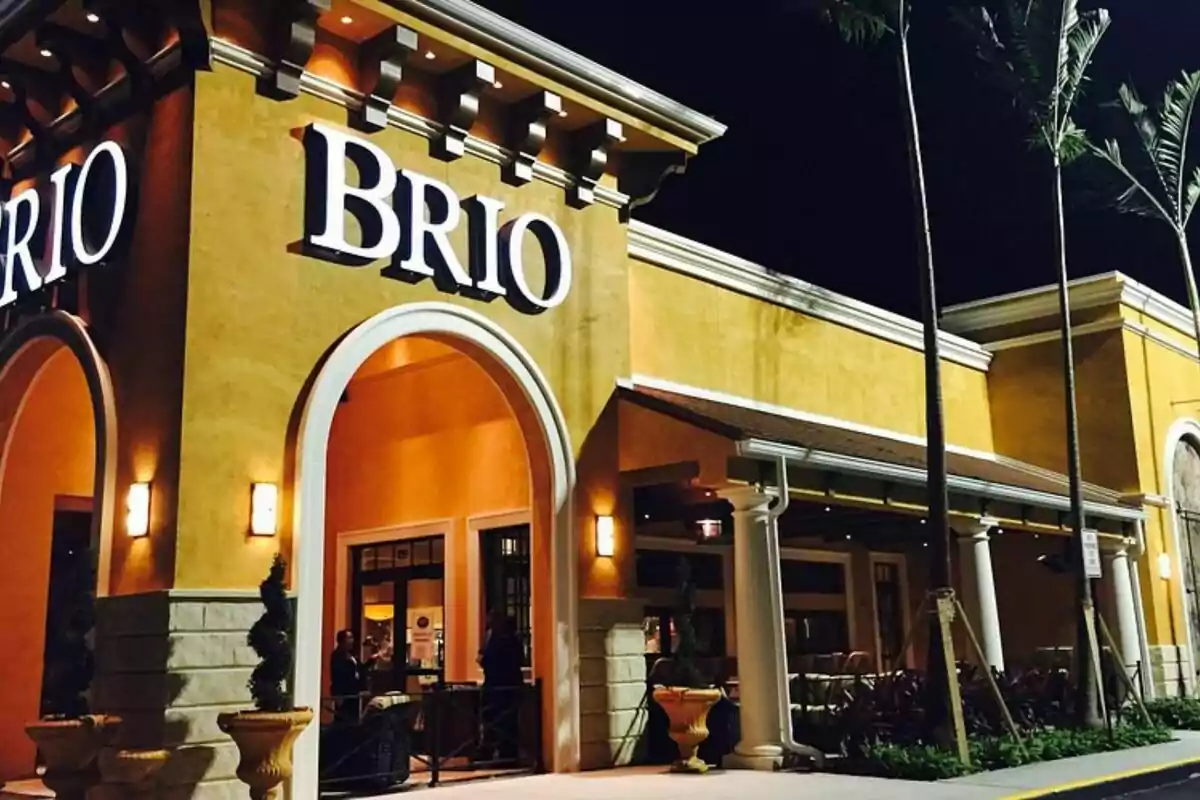For years, the informal Italian restaurant sector in the United States had kept itself as one of the safest bets in the restaurant industry. The public sought traditional dishes at moderate prices, and chains like Olive Garden dominated the market with remarkable strength. However, the landscape has changed drastically over the past two years.
While some establishments achieved historic sales figures, others couldn't withstand the burden of rising costs and declining consumption. Inflation, rent, and the reduction in discretionary spending have put pressure on chains that once seemed immovable. Now, one of the most recognized companies in the sector confirms news that shakes the entire industry.

Texas Roadhouse dethrones Olive Garden
Olive Garden had been the absolute leader in systemwide sales since 2018. Its popularity placed it for years as the number one chain in the country. However, in 2024 it gave up its throne to Texas Roadhouse, which recorded a 14.7% increase in sales and reached $5.5 billion.
Meanwhile, Olive Garden grew by just 0.8%, with revenues of $5.2 billion. The data, published by the research firm Technomic, reflect a significant change in consumer preference. The rise of steakhouses shows how American families are directing their spending toward other types of dining experiences.

This shift in trend exposes a fragility that seemed impossible just a few years ago. While Olive Garden remains a giant, its absolute dominance is now a thing of the past. Market pressure only keeps increasing for the rest of the Italian chains.
Chain bankruptcies for Italian restaurants
Alongside this change, several iconic companies haven't managed to survive. Among the most notable bankruptcies are Buca di Beppo, in August 2024, and Bertucci’s, in April 2025. Franchises of major brands like Pizza Hut, Domino’s, and Little Caesars have also filed for bankruptcy.
The list of closures and restructurings reflects a deeper crisis than it seemed. Many of these companies couldn't offset increases in wages, raw materials, and rent. The drop in foot traffic further worsened the situation, reducing margins to unsustainable levels.
The final blow arrived this August. Bravo Brio Restaurants LLC, parent company of Bravo Italian Kitchen and Brio Italian Grille, filed for Chapter 11 bankruptcy in the Florida Bankruptcy Court. The case affects its owner, Earl Enterprises, and marks a new chapter in the sector's instability.
Bravo Brio had already gone through this process in 2020 under the management of Food First Global Restaurants. At that time, the Covid-19 pandemic was the main cause of the collapse. Now, with debts ranging between $50 million and $100 million and significant liabilities to Sysco Corporation, the chain is seeking to restructure its business to survive.
What happens in the coming months will determine the future of two of the most recognized Italian brands in the country. The outcome is still uncertain, but the news confirms a worrying scenario: the reign of Italian restaurants in the United States is at risk.

